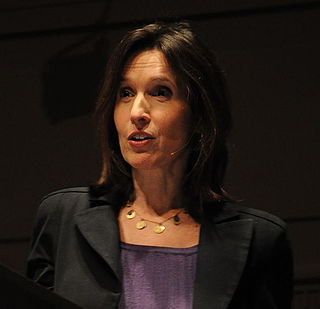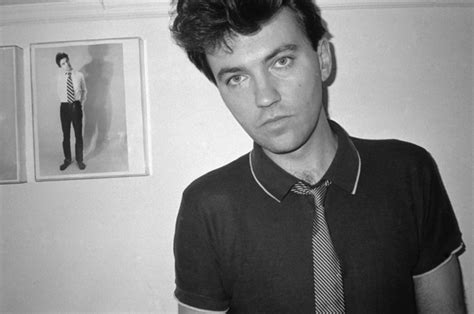A Quote by Chip Berlet
Around the country, ideas that originated on the hard right or in the fevered imaginations of conspiracy theorists are finding their way into the mainstream. In a number of cases, these ideas have become commonplace in American minds.
Related Quotes
Obama is not just a powerful speaker, but a thinker engaged with the ideas of his country and his age--this argument by historian James Kloppenberg should therefore fascinate anyone interested in American politics or how ideas shape public life. Tracing the influences of Obama's family, educational, and work experiences on his ideas, Reading Obama locates a unique individual in the crosscurrents of American democracy and continuing fights over American ideals.
America is a country defined by a set of ideas, and when people choose to accept those ideas, they should be able to become Americans, as fully so as any - and perhaps more so than most - regardless of how recently they or their ancestors arrived upon our shores. This is the true American tradition, which as conservatives we must defend.
Even after seeing so much bad art in the last few years, it still seems possible that one can be led to the right places. I haven't given up hope because there are always great artists, great minds, and great ideas. New ideas are what give you hope. You have to base your opinions on the quality of the ideas in the artworks.
I am often talking about the ideas collected in Normal Life in contexts that are not academic, or that are full of people who are not primarily engaging as theorists or theory-readers. Being able to make ideas visual, especially critical ideas about movements that can be difficult to hear because of attachments we have to certain national narratives, or because of ways that we see ourselves, is especially useful.

































